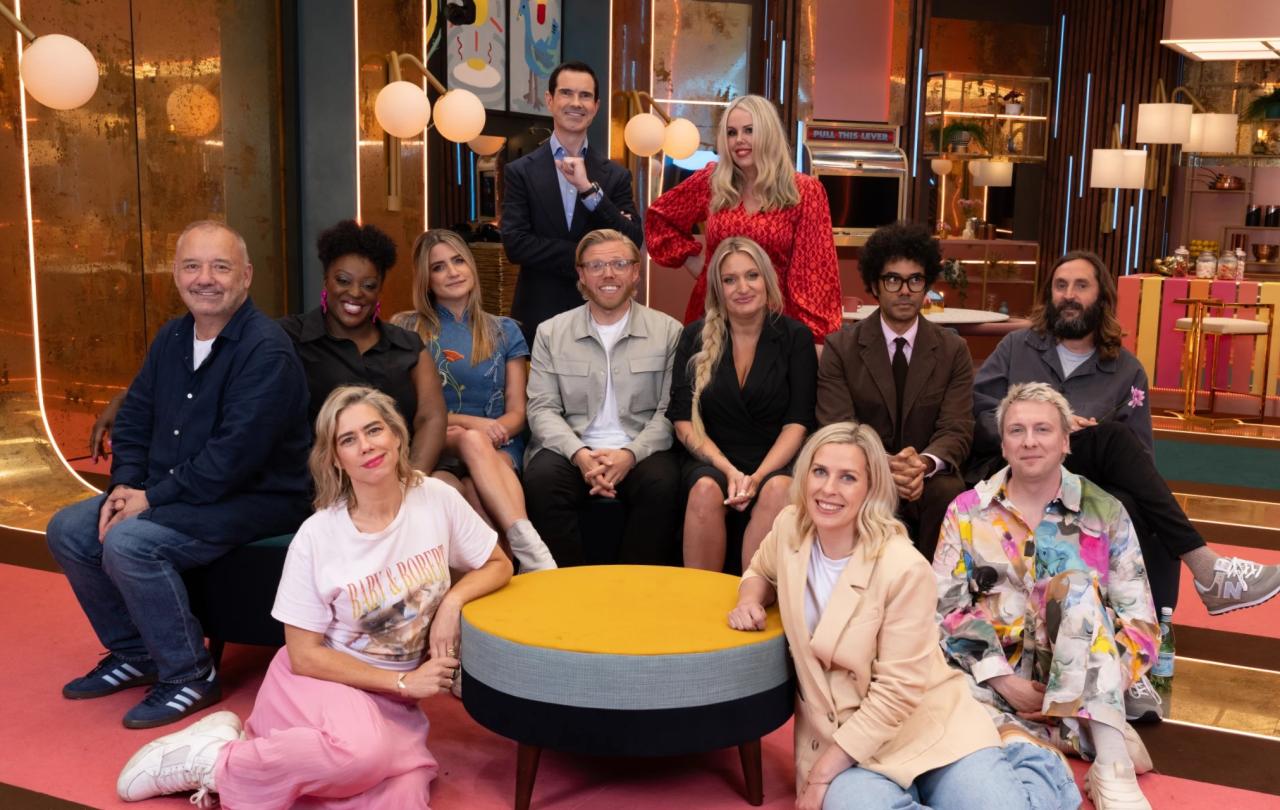
The haunting book of Ecclesiastes carries these memorable words:
For everything there is a season, and a time for every matter under heaven:
a time to be born and a time to die,
a time to weep, and a time to laugh
a time to keep silence, and a time to speak
They came to mind recently when reading of the UK government’s plan to reduce the minimum voting age to 16. Now I understand why this government might want to do this. Lowering the voting age has proved popular in other places such as Scotland. Some well brought up 16-year-olds are mature beyond their years, show an interest in politics, and are smart, articulate people. And, of course, younger people tend to be more inclined to vote for left-leaning parties like Labour. It makes electoral sense.
But does it make generational sense?
Adolescence is a time when we try out being grown-up for a while. Mid-teenagers are no longer children, but they are not yet fully adult. They are in the process of spreading their wings, most of them still at school, living at home under their parents’ roofs, not yet fully responsible for their own time, income, life choices and so on. They can’t legally buy alcohol, fireworks or drive a car. Yet they can buy a pet or a lottery ticket. It’s a kind of middling time, not one thing nor the other.
And rightly so. Adolescence is a time for a certain controlled irresponsibility. We all look back with embarrassment on things we did in our teenage years. A few years ago, I watched a cricketer called Ollie Robinson make his debut for England at Lords. The best day of his life turned into the worst when some journalist desperate for a story dug up some semi-racist tweets he had posted several years before as a teenager. Some say he has never recovered, as he struggled with the media attention into his life, and has not played international cricket for over two years. We all said stupid things when we were 16 and that should be expected and forgiven as what they were – immature posturing, attempts to work out who we are in the big world, testing the water of the adult world before we dive in. Adolescence should be a safe space to be a bit daft, to get some things wrong and some things right. Hopefully we learn from our mistakes and our successes and grow up a bit through them.
The attempt to make 16-years olds politically responsible seems to encroach upon that safe space. It risks skewing an important stage of growing up. And this seems to be a modern trend.
Teenage years are a vital period enabling us to grow into mature adults, learning to become responsible over time.
In the past, 21 was the age when people legally became adults, being given the ‘key to the door’, trusted to come in and out of the house independently of parents. Yet that has shifted within living memory. The legal age of adulthood was reduced to 18 in 1969.
Jonathan Haidt recently complained that we are seeing “the complete rewiring of childhood.” The childhood of mammals, he claimed, involves rough and tumble play, chasing games, activities that develop adult skills. In recent times, he says, we have put into the pockets of children and young teenagers, a video arcade, a porn theatre, a gambling casino, and access to every TV station. The result of indiscriminate access to smartphones has been the loss of what we recognise as childhood and its replacement by gazing at screens all day long.
This shift to the voting age is also part of the drift to politicise everything. Everything becomes political, from your artistic tastes, to gender differences, to the food you eat, to family relationships. If politics is everything then surely everyone affected by it must vote? Yet politics has its limits. Politicians can only do so much. They can try to fix the economy, close loopholes that let harmful behaviour flourish, organise life a little better for most of us. They cannot fix the human heart, get us to love our neighbours or teach us gratitude, humility, faith, or what to worship – the most important choice of our lives.
Not everything is political, but everything is spiritual. Everything moulds us in some way, shaping us into the people we become over time, like plasticene in the hands of a child. Teenage years are a vital period enabling us to grow into mature adults, learning to become responsible over time, being given leeway to develop our moral senses and to work out our opinions as we encounter the wider world.
There is indeed a time to be born, and a time to die; a time to choose, and a time to play; a time to be an adult and a time to be child. Perhaps we should respect the times and seasons of life a little better, letting teenagers be teenagers and not expecting them to become adult too quickly. Most will hopefully have many years to vote if they live long healthy lives. The distinctions of time and the delicate, slow process of maturity need to be respected. We erode them at our peril.
Support Seen & Unseen
Since Spring 2023, our readers have enjoyed over 1,500 articles. All for free.
This is made possible through the generosity of our amazing community of supporters.
If you enjoy Seen & Unseen, would you consider making a gift towards our work?
Do so by joining Behind The Seen. Alongside other benefits, you’ll receive an extra fortnightly email from me sharing my reading and reflections on the ideas that are shaping our times.
Graham Tomlin
Editor-in-Chief





